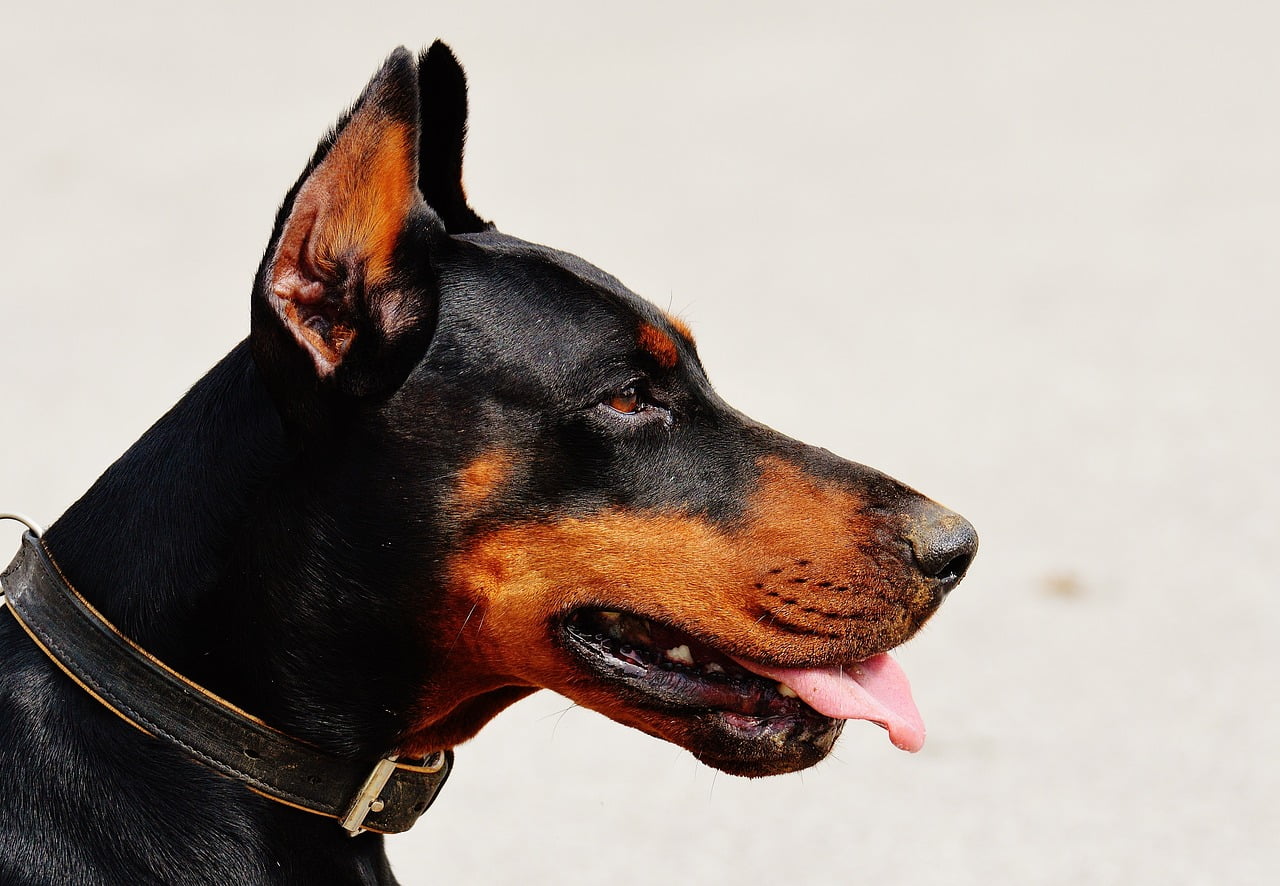
Recommended vaccination schedule for dogs (puppies) in Uganda
As vets, we put extra emphasis on pet vaccination to protect the dog and community from zoonotic diseases. It’s a must for every responsible dog parent to routinely vaccinate her beloved pet to protect him or her from killer diseases.
Core vaccines for dogs are: rabies, parvovirus, canine distemper, canine adenovirus, and leptospirosis. It’s a must for every dog in Uganda to get those vaccines, no matter their lifestyle.
Non-core vaccines for dogs include: canine bordetella, canine influenza, lyme vaccine, e.t.c. These are given depending on the lifestyle of a dog.
In this post, we provide the recommended vaccination schedule for dogs in Uganda and further answer frequently asked questions about dog vaccination by dog owners.
So keep reading to be informed.
Vaccination schedule for dogs (puppies) in Uganda.
| AGE OF DOG | VACCINE GIVEN AT THAT PARTICULAR AGE OF THE DOG |
| 6 weeks (1st vaccine) | Parvovirus ( 1st shot ) |
| 8 weeks (2nd vaccine) | Parvovirus ( 2nd shot) |
| 12 weeks | Rabies |
| 12 weeks | Dog cocktail (leptospira, canine distemper, parvovirus, infectious laryngotracheitis, canine parainfluenza, canine hepatitis, bordetella, e.t.c). |
| The booster doses for rabies and the cocktail vaccine are repeated annually for the entire life of a dog. |
N.B Never jump in to vaccinate your dog without seeking professional advice from a nearby veterinarian. Misuse of vaccines can cause adverse effects on your pet. Get to know the cost of vaccinating a dog or puppy shots in Uganda
Your pet’s life should never be taken for granted.
Contact us call / WhatsApp +256771909946 for free consultations about dog vaccination.
FAQS ABOUT DOG VACCINATION BY PET OWNERS
How often should I vaccinate my dog?
6 weeks, ⤑ 8 weeks, ⤑ 12 weeks, ⤑ annually for its entire lifetime.
Do I need to vaccinate my adult or old dog?
Yes, Rabies and Dog Cocktail vaccines are supposed to be given annually for the entire dog’s life.
Can I vaccinate my dog when sick?
No, sickness is a sign of a weak or failed immune system. With vaccination, you risk the dog becoming more sick or the vaccine not working.
Does vaccination cause vomiting or diarrhea in dogs?
Yes, it can, but its rear, vomiting and diarrhea, usually resolve on their own after a few days. If it fails, please visit the nearby pet clinic.
Should I vaccinate my dog after or before feeding?
Yes, vaccination can be done after or before eating, as long as the normal routine and food are maintained.
Can vaccination and deworming be done at the same time?
Yes, it’s highly recommended to deworm and vaccinate at once. Worms cause a lot of stress on the body, which has a negative impact on the ability of vaccines to work.
Can I vaccinate my dog that is breastfeeding?
No, breastfeeding causes a lot of stress for the mama dogs; stressed bodies cannot properly respond to the vaccines given.
Where is the rabies and cocktail vaccine given in dogs?
It’s given anywhere under the skin, preferably in the neck and shoulder region.
Does vaccination cause lack of appetite in dogs?
Yes, it can, but it’s rare and usually resolves in a few days. If it fails, please visit the nearby vet.
What can I do if my dog gets side / adverse effects after vaccination?
Rush to the nearby veterinarian for emergency care.
How can I tell if the dog / puppy was vaccinated by a dog breeder / seller before purchasing it?
i. Dog breeders should provide a vaccination card from a licensed vet / vet clinic with stickers and details about that particular puppy. N.B. Some unscrupulous dog breeders forge vaccination cards; please contact the veterinarian on the vaccination card to confirm that he / she vaccinated that dog / puppy.
ii. Picking and testing for the presence of antibodies in a blood sample
Can I use a cat cocktail vaccine to vaccinate my dog?
No, cat cocktail is a totally different vaccine from dog cocktail and does not provide any protection to the dog when given.
Can I treat my dog after vaccination?
Yes, you can, but use the routine treats.
What is the color of rabies vaccines for dogs?
Rabies comes in different colors, but the most common colors are red, pink, colourless, and purple depending on the brand used.
What is the color of the dog cocktail vaccine?
It’s mostly red, pink, colorless,and purple, depending on the company used.
How can I safely transport vaccines over long distances?
Should be packed with frozen ice cubes in a properly sealed cool box.
What is the dose / amount of rabies vaccine given to dogs?
1 ml per dog, no matter the age, sex, weight,or breed, e.t.c.
What is the dose / amount of cocktail vaccine given to dogs?
1 ml per dog, irrespective of age, size, sex, weight, breed, e.t.c.
Can a vet nurse properly vaccinate my dog?
Yes, if licensed, qualified, and skilled.
Is vaccination painful for dogs?
Yes, it’s painful, but the pain is bearable. If gently given when the dog is distracted, he/she won’t feel anything.
What is a dog cocktail vaccine?
It’s a vaccine given to dogs to provide protection against leptospirosis, canine distemper, canine parvovirus, canine hepatitis, canine parainfluenza, canine infectious laryngotracheitis, and bordetella. e.t.c.
What happens if I delay / miss a routine dog vaccination?
You risk your dog catching disease.
In summary.
Routine and on-time vaccination is necessary for your dog, your health, and the community at large.
Be a responsible and caring pet parent. Do not wait to be sorry for your dog and the community.
Don’t forget to read the related posts below and share them with other responsible pet owners.
Read about the causes and treatments of vomiting among dogs
Read about the cost of treating a dog in Uganda
Read about if humans can get parvo
Get know if teething can kill a puppy
Read about how puppies get parvo
Find the best treatment for parvo in dogs.
Read about the price of spaying a dog in Uganda
Read about the prices of vaccinating a dog in Uganda
Read about the price of parvo treatment in Uganda
Read about the treatment of intestinal adhesion in dogs.
Read about the causes and treatment of hernias in dogs.
Read about the causes and treatment of weight loss in dogs.
Read about the loss of hair in dogs.
Read about the causes and treatment of bad breath in cats.
Read about 10 simplified steps for grooming a pet.
Learn the 8 steps of trimming the nails of your dog.
Read the causes of scratching in dogs.
Read the causes and treatment of ear infections in dogs.
Read the causes, prevention, and treatment of bloat in dogs
Reab about the causes and treatments of curled toes in turkeys
Read about causes and treatment of cancers in dogs

I don’t think the title of your article matches the content lol. Just kidding, mainly because I had some doubts after reading the article. https://accounts.binance.info/es-MX/register-person?ref=GJY4VW8W
Your article helped me a lot, is there any more related content? Thanks! https://www.binance.info/id/register?ref=UM6SMJM3